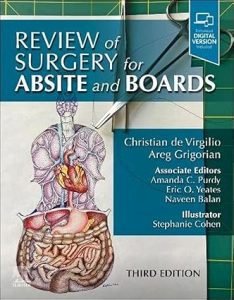Q ) A 68-year-old male with severe mitral regurgitation due to a prolapsed mitral valve is being evaluated for a MitraClip® procedure. Which of the following is a known limitation of the MitraClip® treatment?
A) It has a high risk of causing permanent heart valve failure.
B) Long-term durability of the device is uncertain, and its effectiveness may decline over time.
C) The MitraClip® is associated with increased risk of severe aortic stenosis.
D) The procedure is recommended for all patients with moderate to severe mitral regurgitation, regardless of surgical risk.

